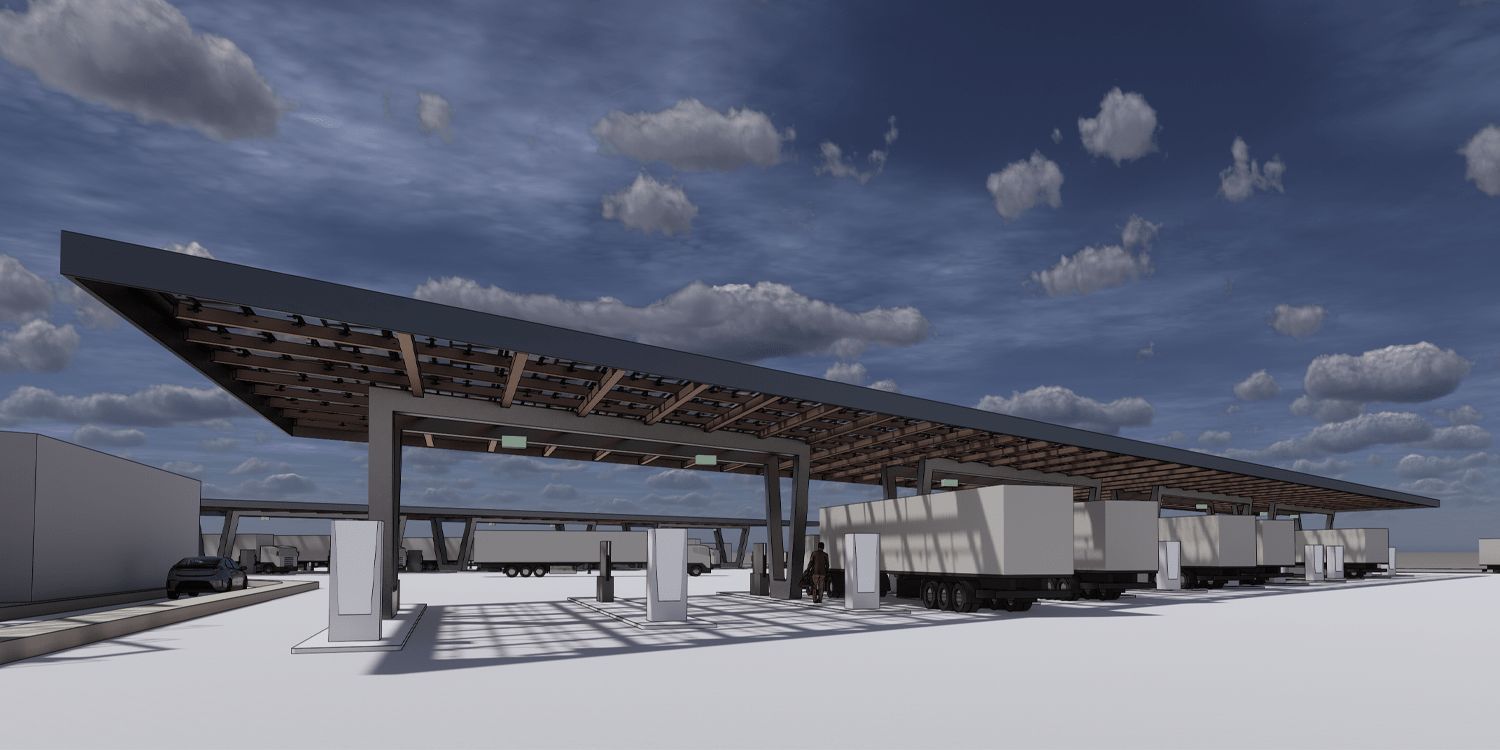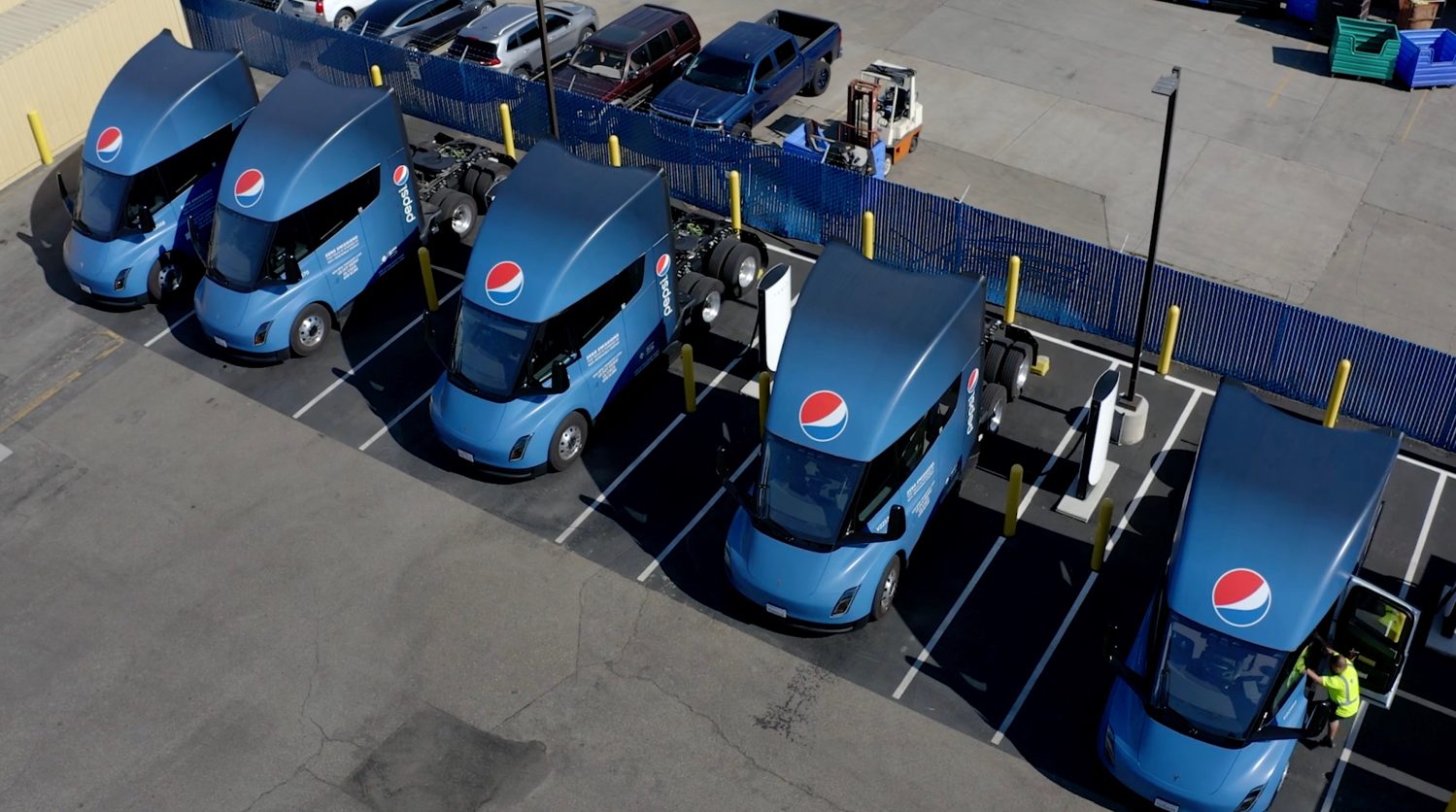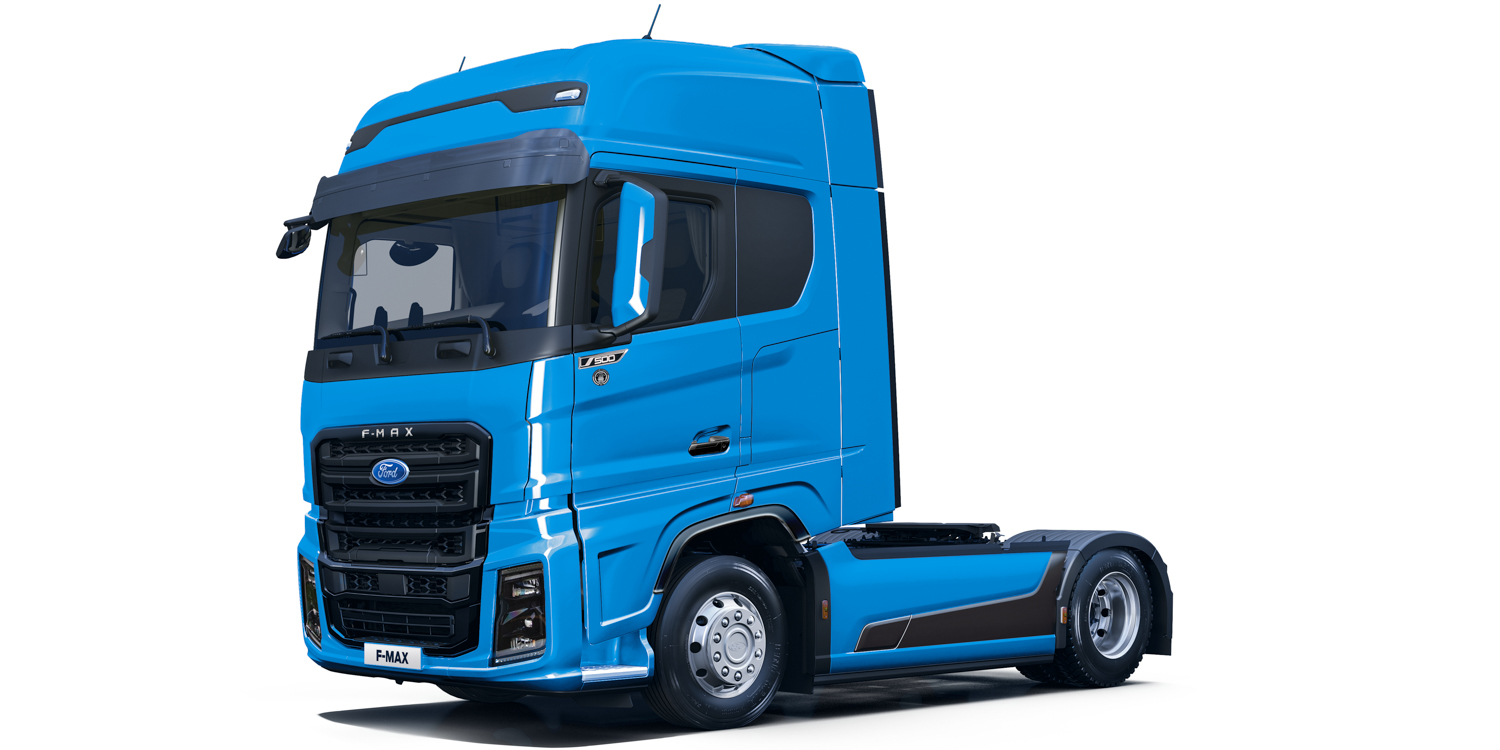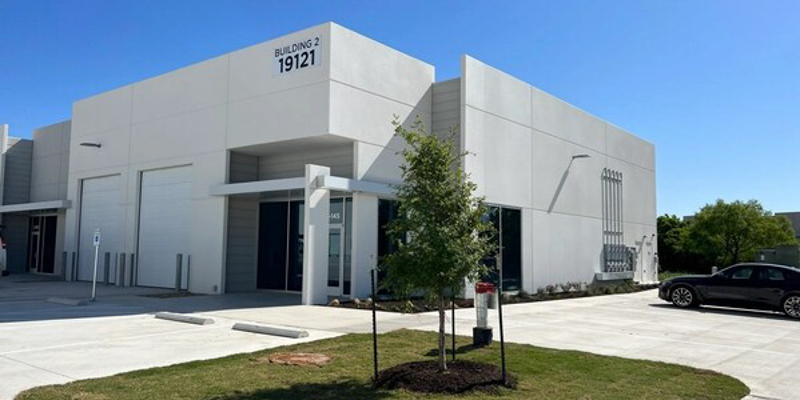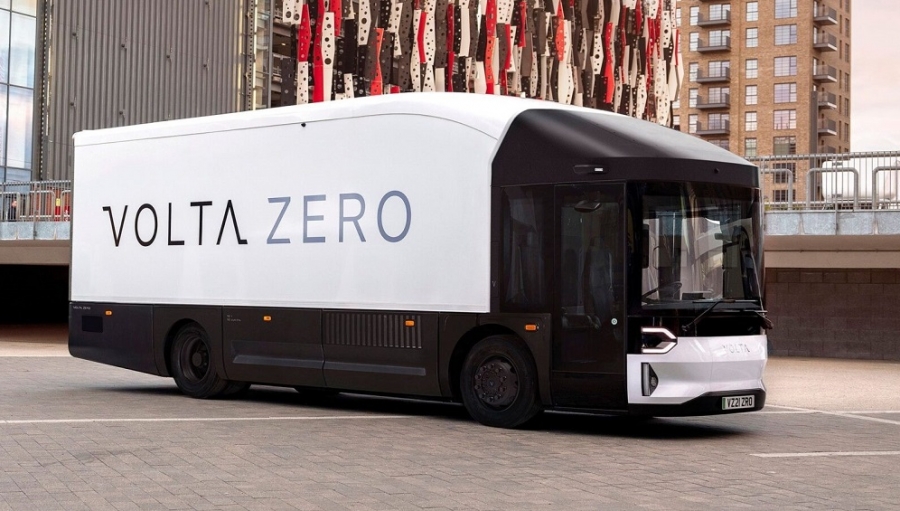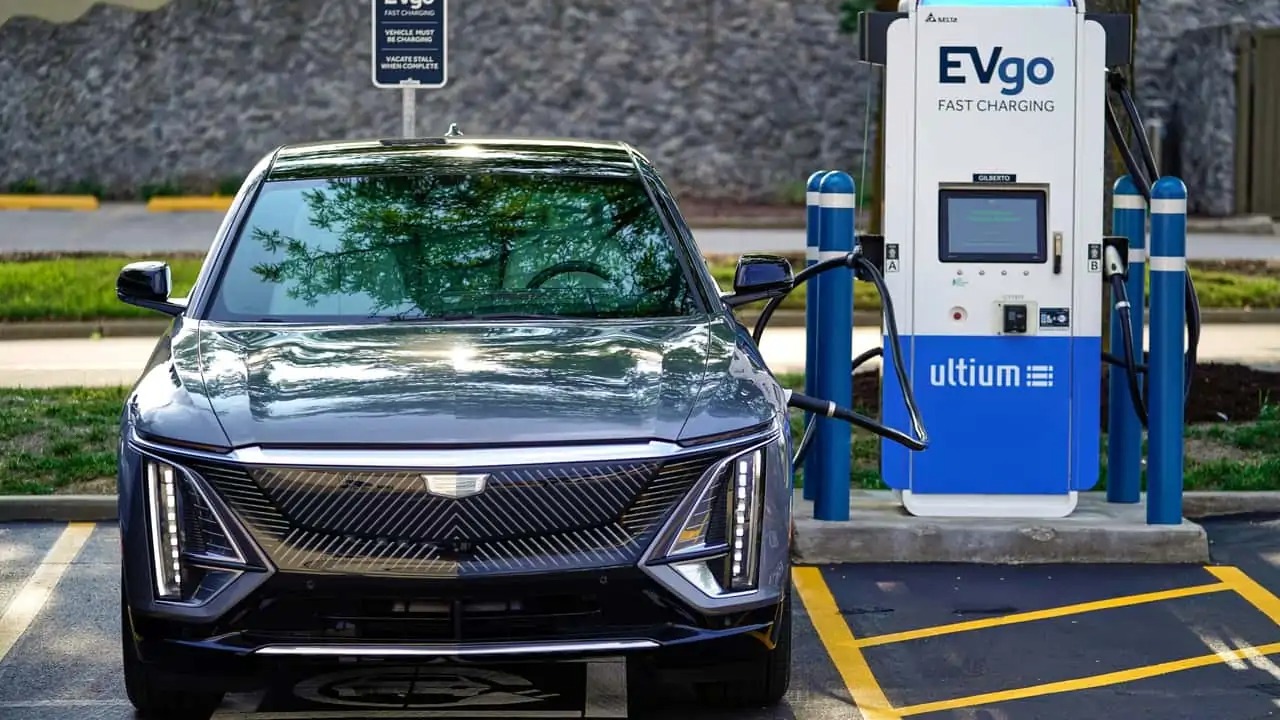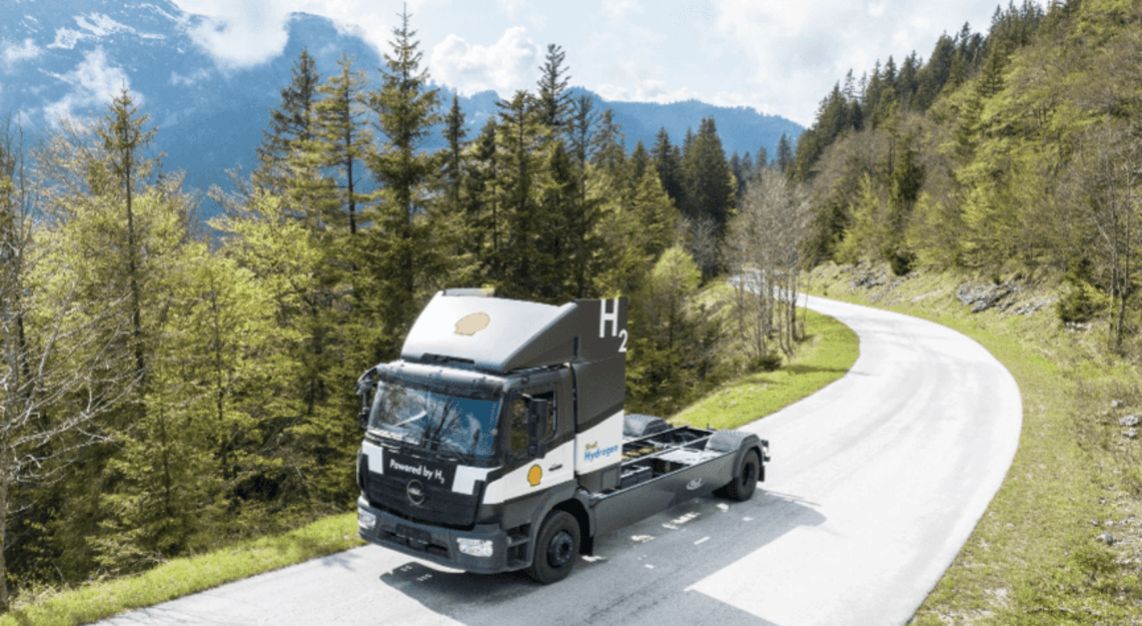WattEV, a provider of zero-emission trucks-as-a-service in the USA, has been awarded two separate grants amounting to $40.5 million for the development of electric truck charging depots along the Interstate 5 highway, which spans the country’s West Coast.
The grants are expected to facilitate the expansion of WattEV’s electric truck stops into Northern California and Oregon. This comes after the recent inauguration of an electric truck charging depot in the Port of Long Beach, California. With the new funding, the company plans to construct a solar-powered truck charging depot across Interstate 5, adjacent to Sacramento International Airport (SMF), and another grid-connected charging depot along Interstate 5 in Salem, Oregon.
The solar-powered depot near Sacramento will be the largest electric charging facility in the nation, funded by a $34 million federal grant from the California Transportation Commission. The expansive charging park will cover 100 acres and initially serve as a charging hub for local and regional distribution centres. As the network grows, it will connect to WattEV’s recently opened charging depot in the Port of Long Beach, extending its reach to Oregon and Washington state.
The SMF depot will feature 90 high-power CCS-1 cords for medium- and heavy-duty commercial electric vehicles, 30 DC fast chargers for passenger vehicles, and 18-megawatt cords for pass-through charging of heavy-duty trucks using the upcoming Megawatt Charging Standard (MCS). The MCS was introduced in Oslo last year and is now being implemented along electric truck corridors globally.
An additional $6.5 million grant from the Oregon Department of Environmental Quality will support the construction of a 6-acre EV charging depot in Salem, Oregon, in partnership with Portland General Electric.
The grants for these projects are part of the U.S. Department of Transportation’s “Trade Corridor Enhancement Program,” which allocates funding through state transportation agencies. WattEV’s co-founder and CEO, Salim Youssefzadeh, stated that the company plans to match the grants with private capital to finance the extensive infrastructure buildout.
As WattEV continues to expand its charging network along the West Coast corridor, including the I-10 route toward Arizona and Texas and eventually extending to the East Coast, Tesla has also applied for $97 million in subsidies to build charging infrastructure for its electric Semi trucks between Texas and California. WattEV already operates numerous electric trucks in California from Volvo Trucks and Nikola, while Tesla’s Semi electric trucks are in use by PepsiCo in California. The progress of these electric truck charging initiatives marks a significant step towards achieving emission-free transportation and fostering a sustainable future for the trucking industry.

